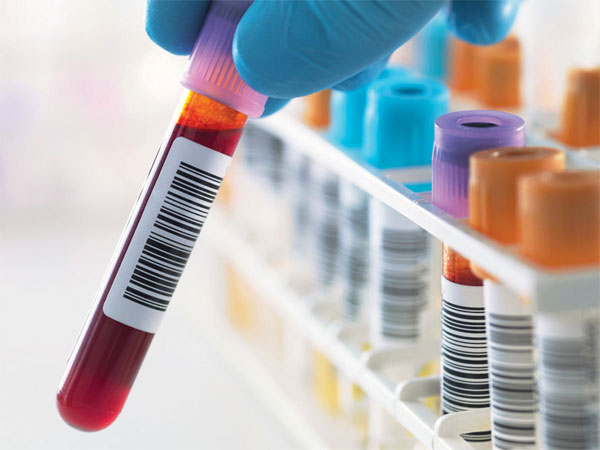Daijiworld Media Network - Melbourne
Melbourne, Nov 10: In a world-first human trial, Australian researchers have achieved a major milestone in heart disease prevention with a new gene-editing therapy that dramatically lowers harmful blood fats linked to cardiovascular disease.
The experimental treatment, CTX310, uses CRISPR-Cas9 gene-editing technology delivered through fat-based nanoparticles to switch off the ANGPTL3 gene in the liver — a gene known to regulate levels of LDL (bad) cholesterol and triglycerides.
The Victorian Heart Hospital, operated by Monash Health in collaboration with Monash University, treated three of 15 participants enrolled in the phase 1 global trial, which spans Australia, New Zealand, and the UK, according to a statement from the university on Monday.

At the highest tested dose, a single treatment of CTX310 reduced LDL cholesterol by 50% and triglycerides by 55%, with effects lasting at least two months after administration. Across all dose levels, participants experienced nearly 60% average reductions, with only mild, short-term side effects reported.
Importantly, researchers say this is the first-ever therapy to produce significant and simultaneous reductions in both LDL cholesterol and triglycerides — a potential game-changer for patients with mixed lipid disorders, who typically struggle with high levels of both blood fats.
“The possibility of a single-course treatment with lasting effects could be a major step forward in preventing heart disease,”
said Professor Stephen Nicholls, Director of the Victorian Heart Hospital and lead investigator of the study.
He added that such a therapy could simplify treatment, reduce healthcare costs, and improve patients’ quality of life. Future trials will expand to larger and more diverse patient groups to further validate the findings.
The results of the trial were published in the New England Journal of Medicine, underscoring the therapy’s potential to transform the treatment landscape for cardiovascular and metabolic diseases.